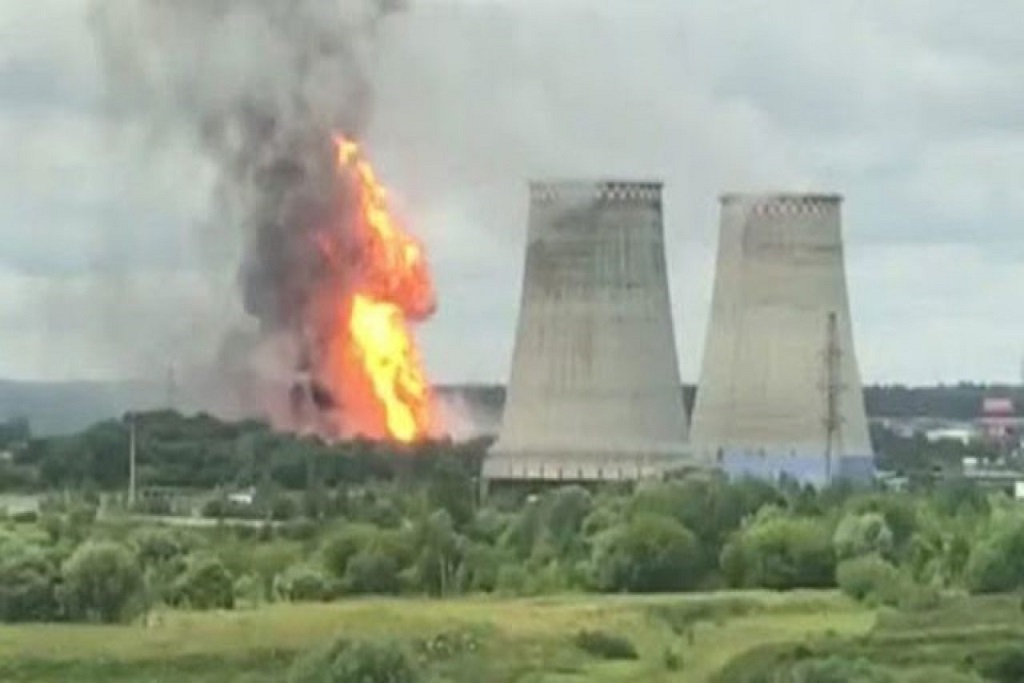Attacks inside one of Iran’s most secure nuclear facilities are the latest blows in a shadowy battle with Israel
Faraan: After the US unilaterally withdrew from the Iran nuclear deal in 2018, tensions between Washington and Tehran have steadily risen.
For leaders in Israel — one of the US’s closest partners and Iran’s biggest foes — those tensions have confirmed their misgivings about the deal and about Iran, and they’ve gone on the warpath.
Iran has worked on nuclear technology for decades. The US has long suspected Iran of using its civilian nuclear program as cover for developing weapons. That suspicion is also held by the Israelis, who have been ensnared in a potentially existential struggle with Tehran since the 1979 Iranian revolution.
A nuclear weapon, or the ability to produce one quickly, would offer Tehran some much-needed security against its real and perceived adversaries. But Iran has vowed to destroy Israel, and Israel fears a nuclear weapon would allow Tehran to back up its provocative talk.
While much of that talk may be for propaganda purposes, Iran has shown the lengths it will go and pain it will endure in order to attack US, Western, and Israeli targets directly or through proxies, giving some weight to its nuclear threats.
To counter that threat, Israeli military and intelligence services have conducted a shadowy covert-action campaign of espionage, sabotage, and assassinations against Iran’s nuclear facilities and the people running them.
Israel has also shown that it will go to great lengths to ensure its security, and Tel Aviv is willing to pursue other, more dramatic courses of action in response to threats from Iran.
“We have a duty to be brave and responsible for the fate of our children and grandchildren. We have used force against our enemies in the past, and we are convinced that in extreme situations, there is a need to act using military means,” Israeli Deputy Defense Minister Alon Schuster said in a recent interview.
Indeed, Israel has long followed a no-holds-barred strategy in which the threat justifies the means. Its shadowy campaign against the Iranian nuclear programs uses complementary diplomatic, military, and intelligence tactics.
While Israel’s military has been heavily involved in that campaign, Mossad, Israel’s main intelligence service, has landed many of the blows against Iran itself.
According to recent reports, Mossad successfully infiltrated the Iranian supply chain and used the opportunity to sell Tehran faulty materials that caused fires at the Natanz nuclear-enrichment facility in July 2020.
In addition, Israeli intelligence officers recruited Iranian nuclear scientists who conducted sabotage at Natanz in April 2021 before being smuggled out of the country. Mossad is said to have used an unmanned aerial vehicle to attack the Iran Centrifuge Technology Company, a factory making centrifuges crucial for producing weapons-grade uranium.
Facilities are easier to replace than expert knowledge, and Mossad has also gone after the hard-to-acquire know-how necessary for a nuclear-weapons capability by killing Iranian scientists working on the nuclear program.










